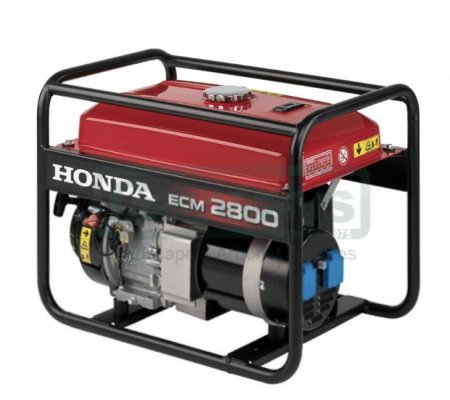I was looking at home generators and I realized that they are significantly cheaper than RV generators.
Aside from using an inverter generator for portability, I was wondering why people don't try and retrofit one of those in place of an expensive RV generator. They are plenty powerful and they have similar electronics to safely power sensitive devices.
Aside from using an inverter generator for portability, I was wondering why people don't try and retrofit one of those in place of an expensive RV generator. They are plenty powerful and they have similar electronics to safely power sensitive devices.

